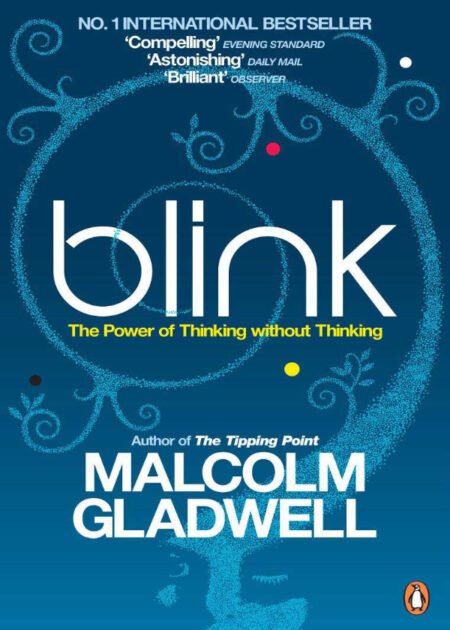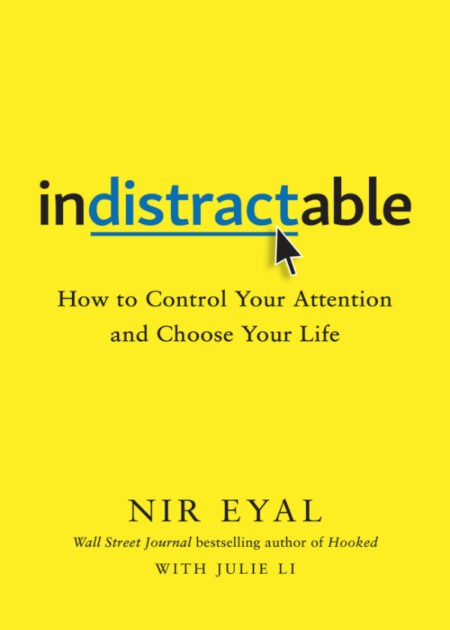Description
Book Description
This carefully designed, multi-authored textbook covers a broad range of theoretical issues in cognitive science, psychology, and neuroscience. With accessible language, a uniform structure, and many pedagogical features, Mind, Cognition, and Neuroscience: A Philosophical Introdution is the best high-level overview of this area for an interdisciplinary readership of students. Written specifically for this volume by experts in their fields who are also experienced teachers, the book’s thirty chapters are organized into the following parts:
I. Background Knowledge
II. Classical Debates
III. Consciousness
IV. Crossing Boundaries
Each chapter starts with relevant key words and definitions and a chapter overview, then presents historical coverage of the topic, explains and analyzes contemporary debates, and ends with a sketch of cutting edge research. A list of suggested readings and helpful discussion topics conclude each chapter. This uniform, student-friendly design makes it possible to teach a cohort of both philosophy and interdisciplinary students without assuming prior understanding of philosophical concepts, cognitive science, or neuroscience.
Key Features
- Synthesizes the now decades-long explosion of scientifically informed philosophical research in the study of mind.
- Expands on the offerings of other textbooks by including chapters on language, concepts and non-conceptual content, and animal cognition.
- Offers the same structure in each chapter, moving the reader through an overview, historical coverage, contemporary debates, and finally cutting-edge research.
- Packed with pedagogical features, like defined Key Terms, Suggested Readings, and Discussion Questions for each chapter, as well as a General Glossary.
- Provides readers with clear, chapter-long introductions to Cognitive Neuroscience, Molecular and Cellular Cognition, Experimental Methods in Cognitive Neuroscience, Philosophy of Mind, Philosophy of Science, Metaphysical Issues, and Epistemic Issues.
Table of Contents
1. Introduction: Mind, Cognition, & Neuroscience Benjamin D. Young and Carolyn Dicey Jennings
Part I: Background Knowledge
2. Introduction to Cognitive Neuroscience Adina Roskies
3. Introduction to Molecular and Cellular Cognition John Bickle and Ann-Sophie Barwich
4. Introduction to Experimental Methods in Cognitive Neuroscience Kristina Backer
5. Introduction to Philosophy of Mind Joseph Vukov
6. Introduction to Philosophy of Science Carlos Mariscal
7. Metaphysical issues of relevance to Cognitive Neuroscience Crystal L’Hote
8. Epistemic issues pertaining to Neuroscientific methods Nina Atanasova
Part II: Classical Debates
9. Artificial Intelligence and Computational Theories of Mind David Noelle and Jeff Yoshimi
10. Modularity Aleksandra Mroczko-Wasowicz
11. Mental Architecture – computational models of mind Othalia Larue, Jean-Nicolas Bourdon, Mylène Legault, and Pierre Poirier
12. Language David Pereplyotchik
13. Mental Content Tobias Schlict and Krzysztof Dolega
14. Concepts and non-conceptual content Arnon Cahen
15. Animal Cognition Irina Mikhalevich
Part III: Consciousness
16. Kinds of Consciousness Jacob Berger
17. Philosophical Theories of Consciousness William Lycan
18. Neurobiological Theories of Consciousness Myrto Mylopoulos
19. Unity of Consciousness Rocco Gennaro
20. Attention Carolyn Dicey Jennings
21. Memory Felipe de Brigard and Sarah Robins
22. The Unconscious Mind Alon Goldstein and Benjamin Young
Part IV: Crossing Boundaries
23. Perception Tony Cheng
24. Mental Imagery Amy Kind
25. Action and Skill Katia Samoilova
26. Embodiment and Enactivism Amanda Corris and Tony Chemero
27. Emotions Sarah Arnaud and Jesse Prinz
28. Social Cognition and Theory of Mind Evan Westra
29. Neuroscience and Psychopathologies Alex Pereira, Gemma Lucy Smart, and Dominic Murphy
30. NeuroEthics Katrina Sifferd and Joshua VanArsdall









Reviews
There are no reviews yet.